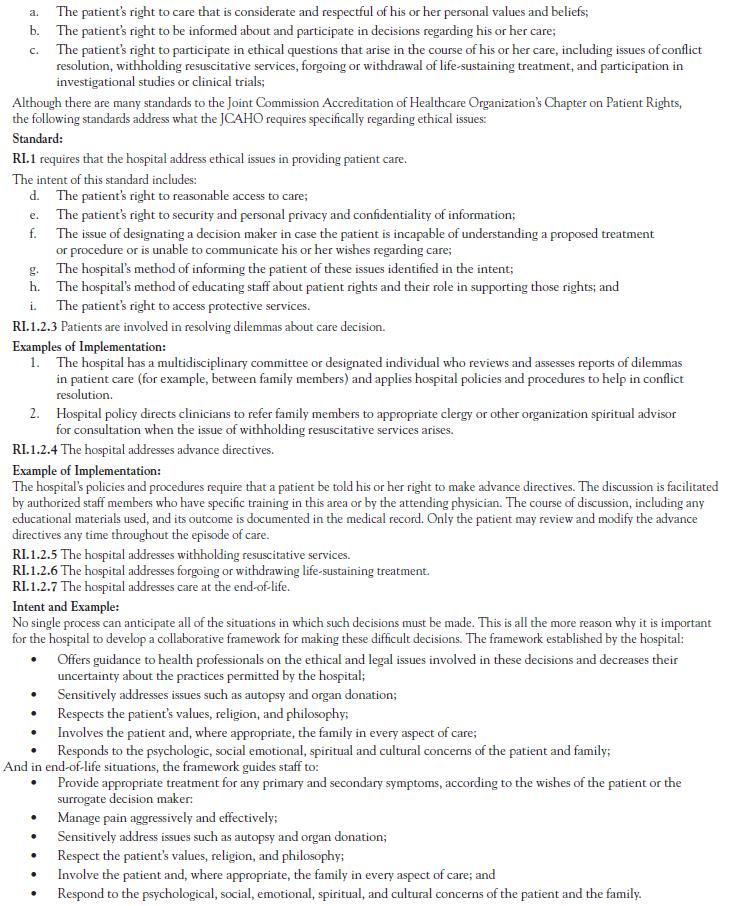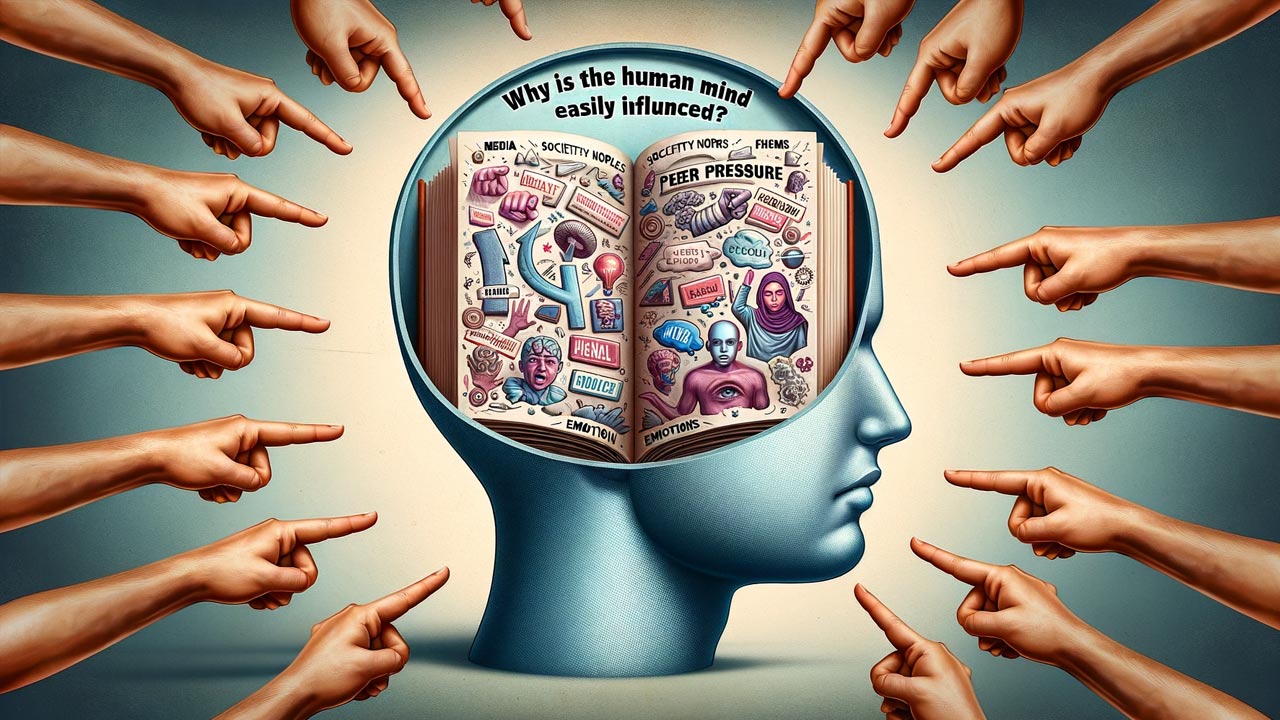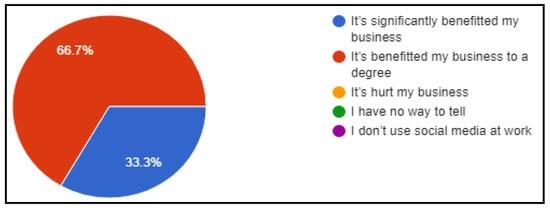Dilemma and Ethical Stereotype Challenge

Welcome to the wonderful world of ethical dilemmas and the never-ending cycle of challenging stereotypes! As we navigate through the murky waters of right and wrong, we are constantly bombarded with conflicting beliefs and societal expectations. It’s like trying to juggle flaming chainsaws while walking a tightrope made of spaghetti – a daunting task indeed. So, grab your ethics handbook and hold onto your preconceived notions, because we’re about to dive headfirst into the tangled web of ethical stereotypes and moral quandaries. Let the mind-bending journey begin!
Overview of Ethical Dilemmas in Modern Society
Have you ever found yourself faced with an ethical dilemma that made you question your values and morals? In modern society, these dilemmas are becoming more and more prevalent as we navigate through complex issues and ever-changing social norms.
From deciding whether to eat that last slice of pizza when your friend clearly wanted it, to grappling with the ethical implications of artificial intelligence, there is no shortage of moral quandaries to keep us on our toes.
Here are some common ethical dilemmas that people in modern society may encounter:
- Choosing between buying a sustainably made product or a cheaper alternative
- Deciding whether to speak up when witnessing injustice or staying silent to avoid conflict
- Balancing work responsibilities with personal relationships and self-care
Whether it’s navigating the pitfalls of social media etiquette or grappling with the implications of climate change, ethical dilemmas are a constant presence in our lives. But fear not, for with a little humor and a lot of self-awareness, we can tackle these dilemmas one ethical crisis at a time.

Common Ethical Stereotypes and Misconceptions
It’s time to debunk some common misconceptions and stereotypes when it comes to ethics. Let’s set the record straight on some of the most absurd beliefs out there:
- **All vegetarians are judgmental**: Just because someone chooses not to eat meat, doesn’t mean they’re silently judging you every time you bite into a burger. They’re probably just quietly enjoying their kale salad.
- **Lawyers are all liars**: Sure, some lawyers might stretch the truth a bit, but that doesn’t mean they’re all sneaky con artists. They’re just really good at arguing their case… even if it means bending the truth a little.
- **Environmentalists hate technology**: Contrary to popular belief, not all environmentalists are living off the grid in a cabin in the woods. Some actually use smartphones and drive cars! Shocking, right?
Let’s move past these tired stereotypes and start seeing people for who they truly are. After all, just because someone falls into a certain category doesn’t mean they fit the mold perfectly. It’s time to give everyone a fair shake and stop assuming the worst about people based on their profession or beliefs.

Challenges in Overcoming Ethical Stereotypes
When it comes to overcoming ethical stereotypes, it seems like we’re constantly hitting roadblocks. These challenges can be frustrating, but let’s face it – they also provide us with some pretty hilarious stories to tell. Here are a few obstacles that stand in our way:
One of the biggest challenges we face is dealing with people who are stuck in their old ways. You know the type – they refuse to budge on their beliefs, even when presented with new information. It’s like trying to convince a cat that water is actually fun to play in. But hey, at least we get to sharpen our persuasion skills, right?
Another hurdle we encounter is the good old fear of the unknown. For some reason, people are terrified of stepping out of their comfort zones and trying something new. It’s like asking them to eat a bug – they’d rather stick to what they know, even if it’s not the most ethical choice. But hey, we can’t blame them for being a little skittish. Bugs don’t exactly scream ”delicious,” after all.
And of course, there’s the classic challenge of dealing with those who are just plain lazy. They’d rather sit back and let others do the hard work of dismantling ethical stereotypes. It’s like trying to motivate a sloth to run a marathon – not exactly an easy feat. But hey, at least we get to practice our motivational speeches, right?

The Impact of Ethical Dilemmas on Decision Making
When faced with ethical dilemmas, decision making can become as tricky as trying to navigate through a maze blindfolded. It’s like playing a game of “Truth or Dare” where every option seems equally terrifying.
One of the ways ethical dilemmas impact decision making is by making you question your own moral compass. Suddenly, you find yourself second-guessing every choice you make, wondering if it’s the “right” thing to do. It’s like having a tiny angel and devil perched on your shoulders, both whispering conflicting advice in your ears.
Another major impact of ethical dilemmas on decision making is the pressure it puts on your conscience. It’s like having a little voice in the back of your head that just won’t shut up, constantly nagging at you to do the “right” thing. You start weighing the pros and cons of each option, trying to figure out which one will let you sleep at night without feeling guilty.
At the end of the day, ethical dilemmas can turn decision making into a real-life version of “Would You Rather”, where there are no easy answers and every choice comes with its own set of consequences. It’s like being caught between a rock and a hard place, trying to find a way out without sacrificing your principles. So, the next time you find yourself facing an ethical dilemma, just remember: sometimes the right decision is the one that makes you squirm the most.

Strategies for Addressing Ethical Dilemmas in the Workplace
When faced with ethical dilemmas in the workplace, it can be tempting to just bury your head in the sand and hope they go away. But fear not, dear reader! I have some ingenious strategies up my sleeve to help you navigate these treacherous waters.
First and foremost, **trust your gut**. If something feels shady or unethical, chances are it probably is. Don’t ignore that little voice in your head telling you something isn’t right. Listen to it, embrace it, and let it guide you towards making the right decision.
Another helpful strategy is to **seek advice from a trusted colleague**. Sometimes a fresh pair of eyes and a different perspective can shed light on a murky situation. Just be sure to choose someone who is known for their moral compass and not someone who is more slippery than a snake in a banana peel.
And lastly, don’t be afraid to **speak up**. If you see something unethical happening in the workplace, don’t just turn a blind eye. Use your voice, stand up for what’s right, and be the ethical superhero your workplace needs. Who knows, you might just inspire others to do the same. It’s like a ripple effect, but with a lot less water and a lot more ethics.
Ethical Leadership: Setting a Positive Example
Being an ethical leader is more than just talking the talk, it’s about walking the walk. Here are some tips on how to set a positive example for your team:
- Lead by Example: Show your team how to be ethical by demonstrating honesty, integrity, and fairness in your own actions.
- Communicate Openly: Keep your team informed and encourage open dialogue so that ethical issues can be discussed openly.
- Empower Others: Trust your team to make ethical decisions and give them the support they need to do so.
Remember, being an ethical leader isn’t always easy. It requires making tough decisions and standing up for what is right, even when it’s not the popular choice. But by setting a positive example, you can create a culture of integrity within your team that will inspire others to follow suit.
Promoting Diversity and Inclusion to Combat Ethical Stereotypes
Diversity and inclusion are like peanut butter and jelly - they just go hand in hand. When we promote diversity and inclusion, we are not only combating ethical stereotypes, but we are also creating a more vibrant and accepting environment for everyone involved.
Think of diversity as a delicious buffet spread, with different flavors, colors, and textures coming together to create a one-of-a-kind experience. Embracing diversity means appreciating the uniqueness of each dish and understanding that variety is the spice of life. Inclusion, on the other hand, is the perfect dining table where everyone has a seat and feels welcomed.
It’s important to remember that ethical stereotypes have no place at our table. These stereotypes are like overcooked Brussels sprouts – nobody likes them, and they just leave a bad taste in your mouth. By promoting diversity and inclusion, we are saying no to the bland and outdated flavors of stereotypes and yes to the delicious potluck of diversity.
So let’s raise a toast to diversity and inclusion – the ultimate recipe for a more ethical and inclusive world. Remember, when we celebrate our differences and welcome everyone to the table, we are not just combating stereotypes – we are creating a feast for the senses that nourishes the soul.
FAQs
Do dilemmas really exist, or are they just in our minds?
Yes, dilemmas definitely exist! They are like that annoying friend who always shows up uninvited to your party and complicates things.
How can we navigate ethical stereotypes in our decision-making process?
Well, first of all, put on your detective hat and question those stereotypes like you’re Sherlock Holmes solving a case. Don’t let them sneak into your decisions without a fight!
Is it possible to make ethical decisions without facing a dilemma?
Ah, the eternal question! But let’s face it – dilemmas are like those pesky obstacles in a Mario game. You can try to avoid them, but they always find a way to trip you up.
Can ethical stereotypes influence our judgment without us even realizing it?
Oh, absolutely! It’s like that sneaky devil on your shoulder whispering bad advice while you’re trying to make a tough decision. Stay vigilant and keep that devil in check!
How can we break free from the shackles of ethical stereotypes?
Think of it like breaking out of a cheesy 80s movie montage – you gotta put in the work, face your fears, and dance your way to freedom! Challenge those stereotypes head-on and show them who’s boss.
Stay Ethically Woke, my friends!
As we navigate the treacherous waters of dilemmas and stereotypes, let’s remember to keep our moral compasses handy and our funny bones well-oiled. When faced with tough choices and societal expectations, let’s not be afraid to challenge the status quo and sprinkle a little humor into the mix. After all, laughter is the best medicine for a world plagued by ethical conundrums. So, stay woke, stay ethical, and keep the laughter flowing!






